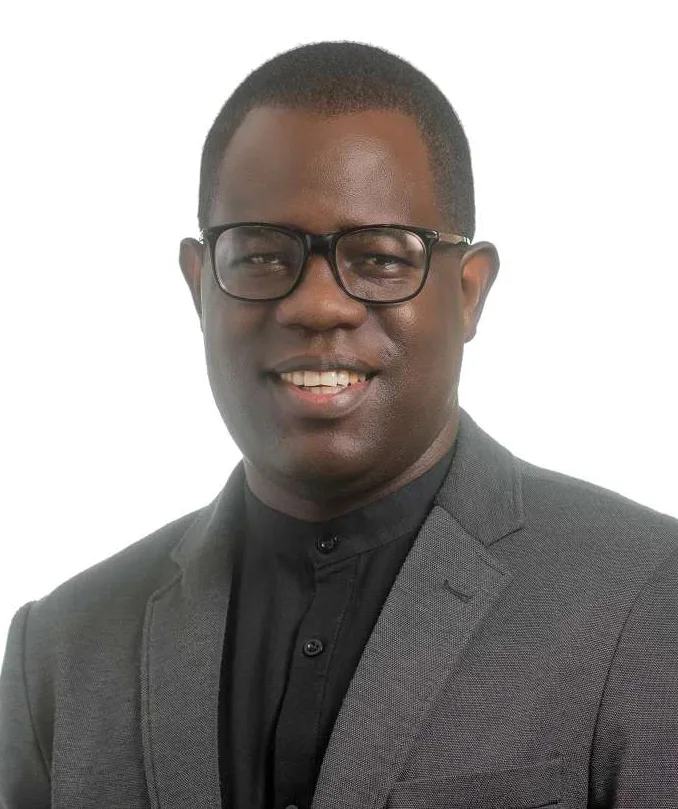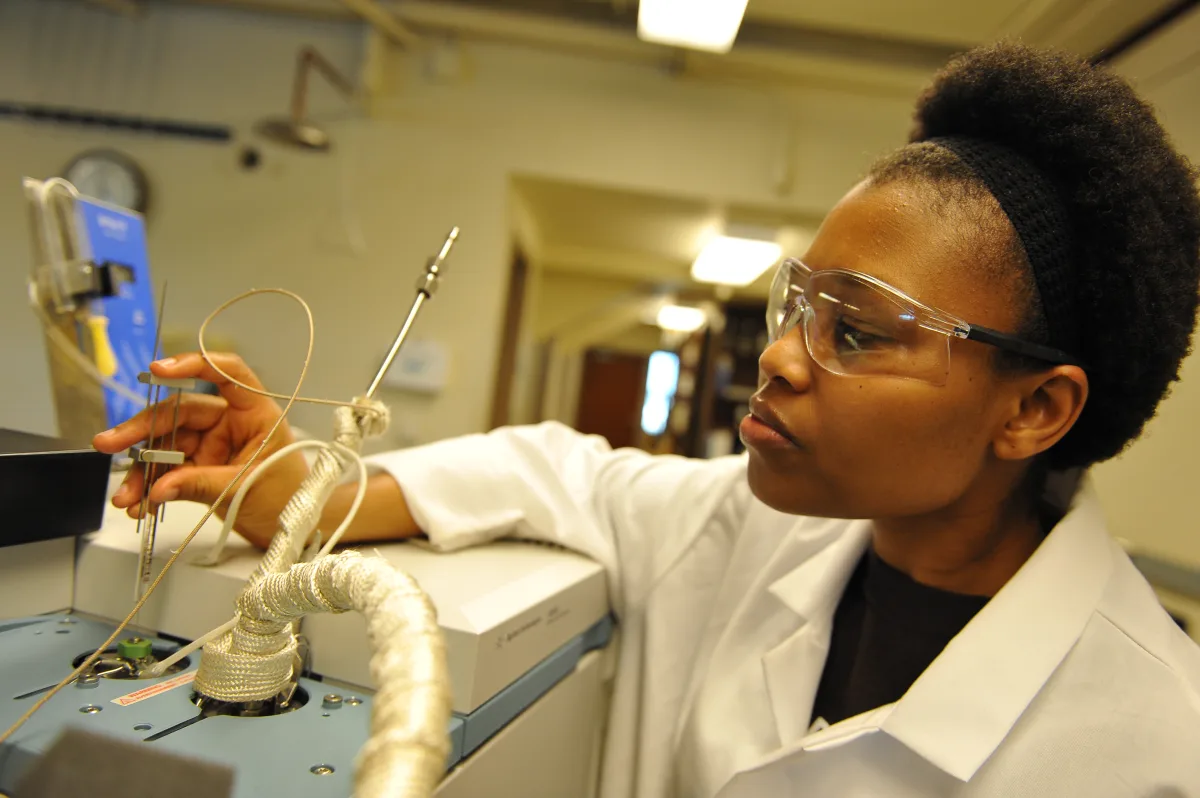When it comes to the critically important sectors of science, technology, and innovation (STI), we as Africans continue to have a limited say in setting our agendas and priorities. Within Africa, most funding for scientific research remains external, with major contributions coming from sources such as the UK, the US and Asia, and lenders like the World Bank. There is very limited funding from Africa itself, and funding for STI from African states remains very low.
In sub-Saharan Africa, the average gross domestic expenditure on research and development as a percentage of GDP has remained unchanged at around 0.3% for the past three decades – nine times lower than the average for high-income countries – despite the African Union’s insistence that 1% of GDP should be the states’ targeted expenditure on research and development in Africa.
Funding from private sector businesses is nowhere near enough to fill the gap, and there isn’t a lot of coherence between what the private sector and national governments are contributing. Unfortunately, that leaves a major funding gap for African scientific research. In too many cases, if there’s no external funding, nothing is going on.
The results can be seen in the outcomes – there’s less equity and inclusivity in global science and, if we take the example of human capital, Africa doesn’t produce enough scholars or PhD graduates. The African continent has only 198 researchers per million people, compared with the global average of 1150 and around 4500 per million in the UK and USA
Amid these challenges, it’s not all doom and gloom. In the past twenty years, progress has been made. For example, if we look at publication outputs by African scientists as lead or co-authors, things have improved. And if we look at the collaborative hubs and initiatives taking place on the continent, as well as work in cutting-edge research areas such as genomics, there’s definite progress.
However, the overall landscape remains fragmented and underfunded, limiting Africa’s voice when it comes to global challenges.
Next-level collaborative action: a pan-African vision
Future Africa is the University of Pretoria’s pan-African collaborative platform for research. It works across the sciences and with society to address Africa’s biggest and most urgent contemporary challenges. The discouraging narrative has prompted us to double down on our plan to strengthen and develop the African STI ecosystem through a pan-African lens.
In 2022 we joined forces with the International Science Council (ISC), an organisation encompassing over 200 global science institutions, to find a pan-African solution. This collaboration aims to redefine the value proposition of the African STI ecosystem by addressing capacities, resources, and opportunities; reinforcing the African agenda for safe, equitable, and sustainable societies; showcasing African scientific strengths globally, and amplifying Africa’s influence in global science policymaking.
A concrete step towards this vision materialised at the Science Forum South Africa on 4 December 2023. We convened African STI leaders to deliberate on shaping a value system for science and scientific practice that resonates with the continent’s context.
So, how do we as stakeholders collectively come together and try to figure out solutions?
We propose the establishment of an African STI leadership forum – a collaborative space that brings together Africa’s academies of science, representative unions, science policy experts, STI ministries, and funders.
They will meet regularly to set up working communities to tackle specific issues. They will influence development initiatives, exchange strategic information on Africa’s priorities, raise awareness, and advocate for Africa at the global level, as well as working with international institutions such as the African Union and the United Nations.
And critically, they will work closely with the private sector. Indeed, if the private sector can boost investment in scientific research and help convert innovative ideas into investable entrepreneur initiatives, there could be a significant boost to Africa’s economic development.
If Future Africa and our partners can succeed in crafting a coherent strategy that encourages the private sector and national governments to invest in STI, there is a huge scope for Africa to raise a new generation of world-leading scientists, researchers, and innovators. This collaborative effort will transcend mere funding—it will unlock Africa’s scientific potential and assert its influential role in shaping the global narrative of science and innovation.
Want to continue reading? Subscribe today.
You've read all your free articles for this month! Subscribe now to enjoy full access to our content.
Digital Monthly
£8.00 / month
Receive full unlimited access to our articles, opinions, podcasts and more.
Digital Yearly
£70.00 / year
Our best value offer - save £26 and gain access to all of our digital content for an entire year!

 Sign in with Google
Sign in with Google 



